How to spot food fakes
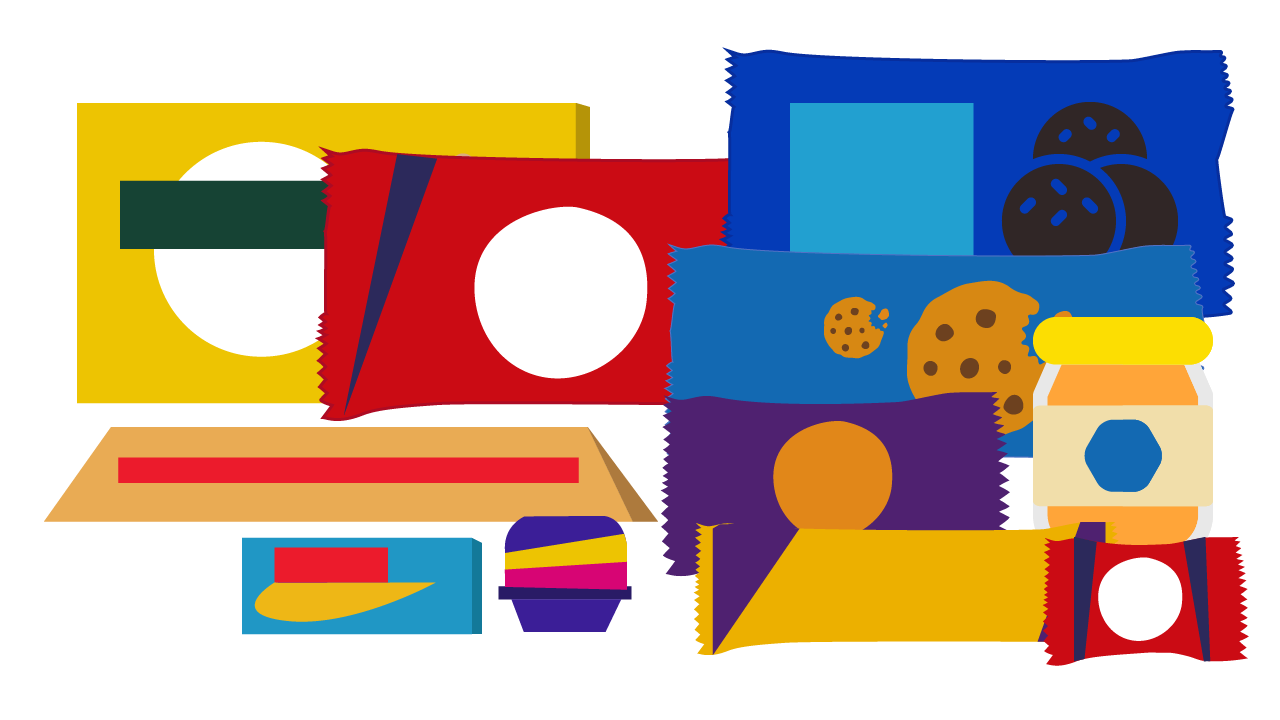
Why it’s important to also stay safe while shopping online
The challenge of staying at home has been made easier by the number of online sellers who can deliver straight to your home.
Not only that, the variety of products being sold online makes it easier to find exactly the right product that you need.
However, with the proliferation of online sellers also comes danger in the form of sellers peddling counterfeit, tampered, or expired food products.
We’ve taken to shopping online to keep our family from getting sick. But you should also know how to shop safely online by buying only quality and legitimate products.
Don’t be confused
A counterfeit product is an item that imitates the logo or packaging of a legitimate brand and tries to pass itself off as the real thing. This is different from products by home cooks or small businesses who sell their own recipes and food items.
There are many reasons why you shouldn’t buy counterfeit or tampered food products or those which have been unlawfully repackaged.
Perhaps the most important one is food safety. Because these products are made without adhering to food quality standards, we do not know what is actually in the product or if it’s even safe to eat. It could make you sick; causing stomach aches, diarrhea, allergies or the worst case—food poisoning that may require hospitalization. What’s more if you consume a counterfeit, tampered or expired product, it would be difficult to hold the seller accountable. And you definitely won’t be able to hold any Company accountable if you buy unauthorized versions of their products.
How do you know if the product you see online is counterfeit or not? Here are a few ways to check:
- We all have an idea of what our favorite brands look like, including the shape of the bottle or the packaging type. Unauthorized products are sold in different-looking containers or have the appearance of being repacked in reusable plastic containers. This is a telltale sign that the food product has been tampered with.
- Often, the expiry date is stickered on or is not present at all. Most commercial food manufacturers print the expiry date directly on the packaging. You can also look for evidence of erased expiry dates on the products, which signal the products may already be expired.
- The Tamper Evident Seal is missing. This seal indicates that the product has not yet been opened.
- Do not patronize food items sold in bulk without any label or packaging. Philippine law requires proper packaging and labels for all commercially-produced food items. If a food product is advertised as “factory scraps” – then these are usually products that were meant for disposal but sold illegally instead.
- Online is the new frontier in selling illegitimate products. But these products have also been known to pop up in sidewalk stores or the gray market. Don’t be lured by the cheaper-than-normal price, these can be expired and have already gone bad. Definitely not food items you’d want to eat.
It’s natural to want to get discounts or deals for the food products you buy. However, you should think first if saving a few pesos on a food product is worth risking your family’s health and well-being. To ensure you purchase only legitimate and safe food products, buy only from trusted resellers or official online stores. Also check the best before label before purchasing or consuming.
If you see a product being sold online that looks counterfeit, you can either report it to the real owner of the brand or food item. You can also report it to the Food and Drug Administration of the Philippines at https://www.fda.gov.ph/.
Stay safe!
Hits: 379










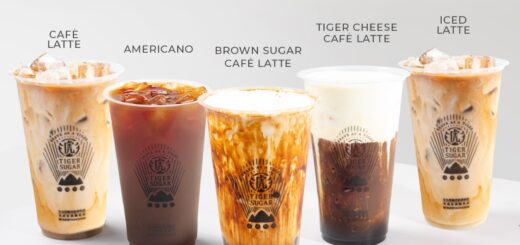


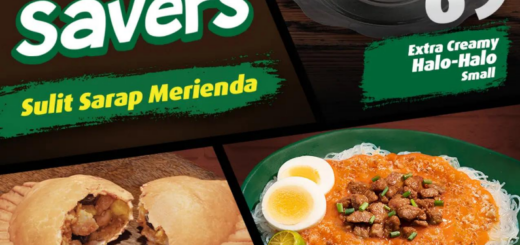









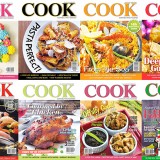



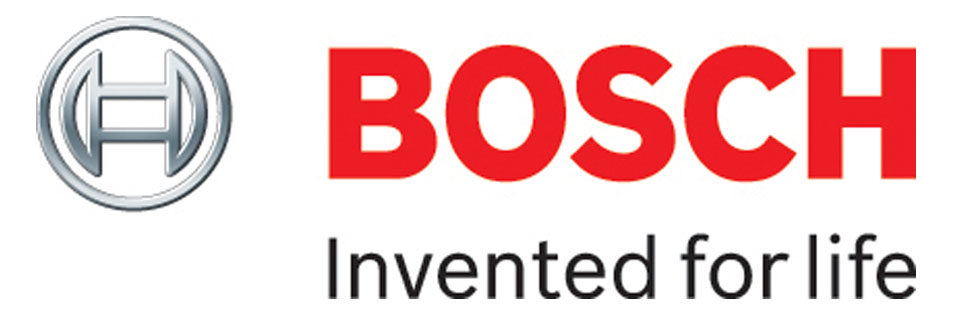
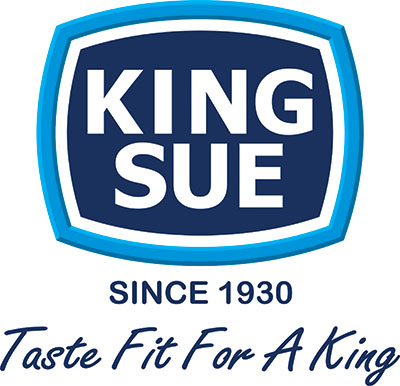

Recent Comments